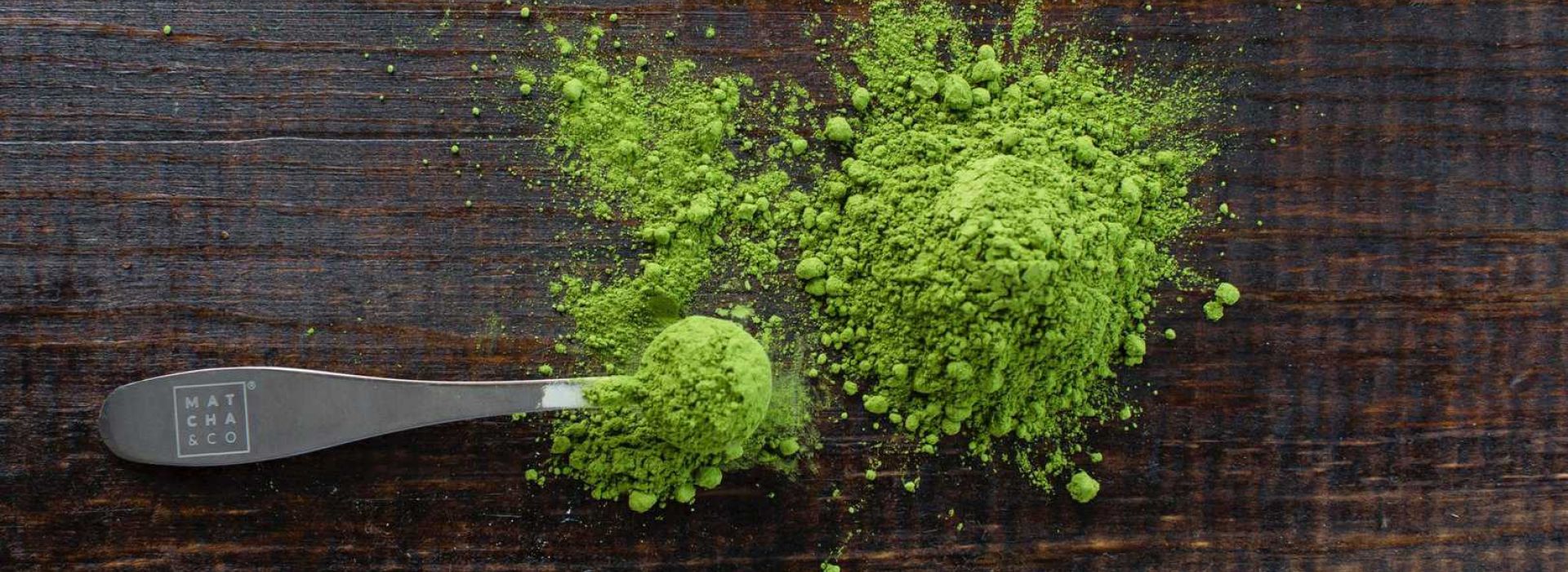What is Kratom, and is it Harmful?

Kratom is an addictive psychotropic substance native to Southeast Asia. Because it is currently not illegal in the United States, the drug is easy to obtain on the internet, and sometimes in places such as gas station convenience stores. The kratom is most often sold as a green powder, extract, gum, or tablet. Those who abuse the substance either ingest it in these forms or may either smoke, chew, or brew the leaves as tea.
Kratom also goes by the names biak, ketum, thom, and kakuam. Because is not considered a controlled substance by the DEA, but rather a “drug of concern,” , and because it is not illegal and is easy to obtain, people often assume that is is not harmful or addictive. This, however, is not the case.
Kratom effects the brain in ways similar to other addictive drugs such as opioids. When large amounts of the drug is consumed, the drug interacts with opioid receptors in the brain, producing pleasure and decreasing pain. It can also have a sedating effect when used in large quantities. Interestingly, when kratom is taken in smaller amounts, it often has the opposite effect by giving users increased energy and alertness, similar to stimulants such as cocaine or methamphetamines. Kratom users usually experience a “high” within ten minutes of ingestion that may last for several hours.
Side Effects and Risks Associated with Kratom
Some of the negative side effects include hallucinations, nausea, sweating, dry mouth, itching, constipation, appetite loss, seizures, and psychosis. It may possible to overdose on kratom, as there have been several reported deaths from the drug, though most involved the use of other substances as well, such as alcohol, cocaine, benzodiazepines, fentanyl. The FDA has reported that it may have serious adverse reactions when mixed with other substances, including both illicit and over the counter drugs such as cough syrup.
Kratom is an addictive drug, and those who use it frequently may experience dependence on the drug. Drug dependence occurs when repeated use of a drug causes changes in the brain, such as a cravings, tolerance (needing to use more and more to feel the same “high”), depression, and withdrawal symptoms when they discontinue or cut back on use. Some the withdrawal symptoms associated with use include insomnia, jerky movements, mood swings, muscle aches, and irritability. Drug dependence can frequently lead to drug addiction.
Signs of Kratom Addiction
Some signs that dependence has crossed the threshold into addiction include the following:
- Continuing to use kratom despite negative consequences
- Shame, lying, or secrecy surrounding use
- Inability to cut down on use
- Irregular sleep patterns, including sleeping at odd hours
- Mood swings
- Having relationship problems or losing friends due to kratom use, though continuing to use anyway
- Difficulty feeling functioning, such as in social situations, without using kratom
- Using more than you originally intend
- Getting angry, defensive, or lying when confronted about using kratom
- Engaging in risky behaviors, such as driving, while intoxicated
- Changes in physical appearance, such as weight loss or decreased hygiene practices
Treatment for Kratom Addiction
As with any substance abuse disorder, addiction to kratom is most effective when treated holistically, meaning that rather than simply addressing kratom use, it is important to investigate the underlying causes of the addiction to find healing on a deeper level. This can include addressing underlying trauma or mental health issues such as depression or anxiety, as well as finding healing on not only physical but also emotional, mental, and spiritual levels. Our programming uses a wide array of therapeutic techniques to do just that.
Before beginning treatment for substance addiction, it may be necessary to engage in medical detoxification. We partner with excellent medical detox facilities throughout Colorado and beyond to assure you are able to safely clear your body of kratom and/or other substances. Our clinical staff can help determine the level of care necessary for your treatment once the medical detox is complete. It is common to stay 30-90 days in our facility while engaging in a holistic treatment model at our center located in Boulder County, Colorado.
We use a wide array of evidenced-based treatment tailored to each individual’s needs during their time with us, including but not limited to mindfulness, CBT and DBT for relapse prevention, EMDR for addressing underlying trauma, ACT, MI, biofeedback, nutritional counseling, and experiential therapies such as art therapy, yoga, equine therapy, and nature-based therapeutic outings such as hiking and rock climbing. In addition to our clinical programming, clients who stay in our structured sober living facility located on a peaceful Colorado horse farm receive around-the-clock staff support and supervision, as well as additional programming to help develop life skills and community.

